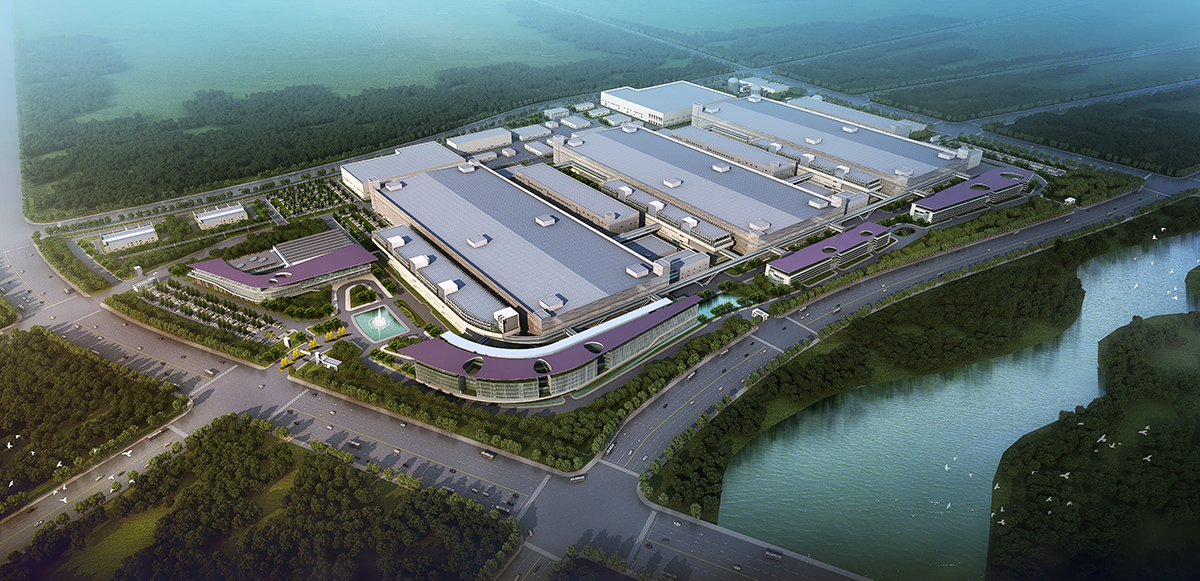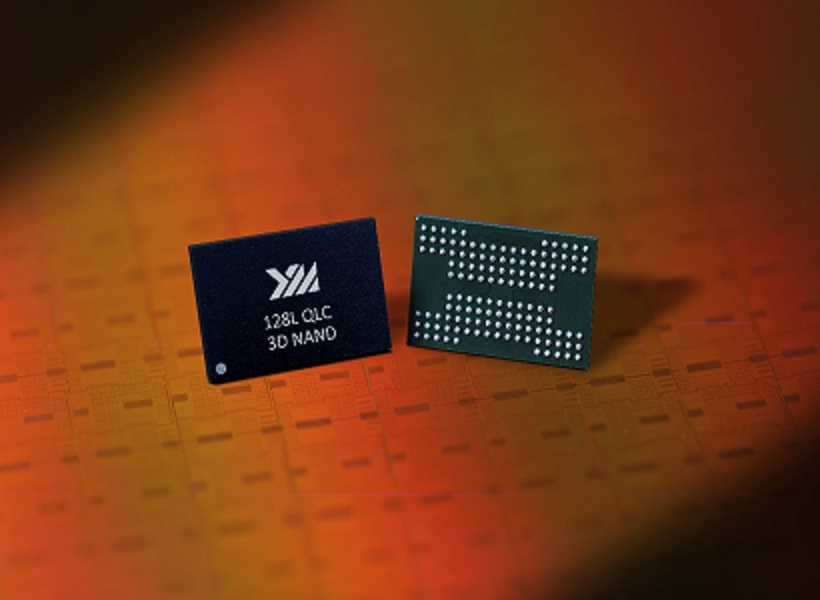
Yangtze Memory Technologies Co. ( YMTC ), a leading manufacturer of memory chips in China, will double the production of standard NAND chips. The company plans to start competing with tech giants Samsung and Micron. Moreover, the same manufacturer is launching a pilot production of 192-layer 3D NAND memory.
In recent years, China has stepped up its domestic semiconductor supply chain and has become increasingly independent of chip imports. YMTC's achievement of these goals will be an important milestone in the history of China.
The Chinese company plans to increase the monthly production of NAND flash memory up to 100 thousand platters. This will amount to approximately 7% of total world production.

The YMTC enterprise is located in Wuhan, but it did not stop even in the midst of the COVID-19 pandemic, which speaks of the strategic importance of the enterprise for the Middle Kingdom. The company's value is currently $ 24 billion and continues to grow. Last summer, the company launched the construction of the second stage of production lines. After the commissioning of additional capacities, YMTC will be able to produce an additional 200 thousand plates per month.
Curiously, Samsung and Micron are just starting to release 176-layer chips. Whereas YMTC plans to overtake competitors with more advanced 192-layer memory.

At the end of last year, the Chinese company mastered the production of 128-layer microcircuits. Although the announcement of the completion of their development came out in April 2020.
YMTC's major clients include Lenovo Group and Huawei. In addition to NAND chips, the company produces solid-state SSDs for the mass consumer under the Zhitai brand .
The beginnings of a young Chinese company gave impetus to the creation of a working local semiconductor industry system. YMTC became the country's first manufacturer of 3D NAND flash memory. The course for growth was set after the success of 2019, when the company first entered the market with 64-layer chips.
However, there were some problems here. The fact is that quality suffers for the sake of speed. The experts have a lot of questions about the latter, because despite the ambitions of YMTC, "the yield of good products among 128-layer 3D NAND on the YMTC pipeline does not exceed 70% ."
YMT is a commercial enterprise subsidiary of Tsinghua Unigroup. YMTC is actively supported by government agencies. For example, the company received funds from the so-called Great Fund (the China Integrated Circuit Industry Investment Fund) - the main program in the country to finance the production of microcircuits.
No matter how the situation develops further, it is obvious that China is coming very close to the finish line in the race for independence in the production of chips from other countries.
